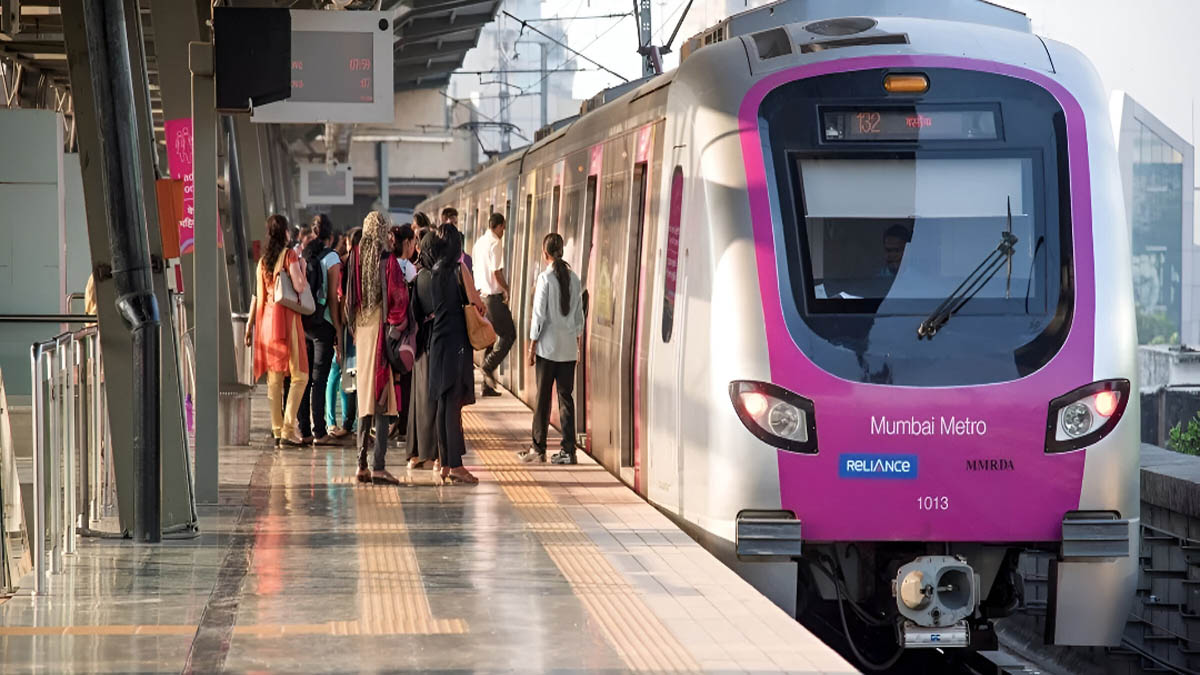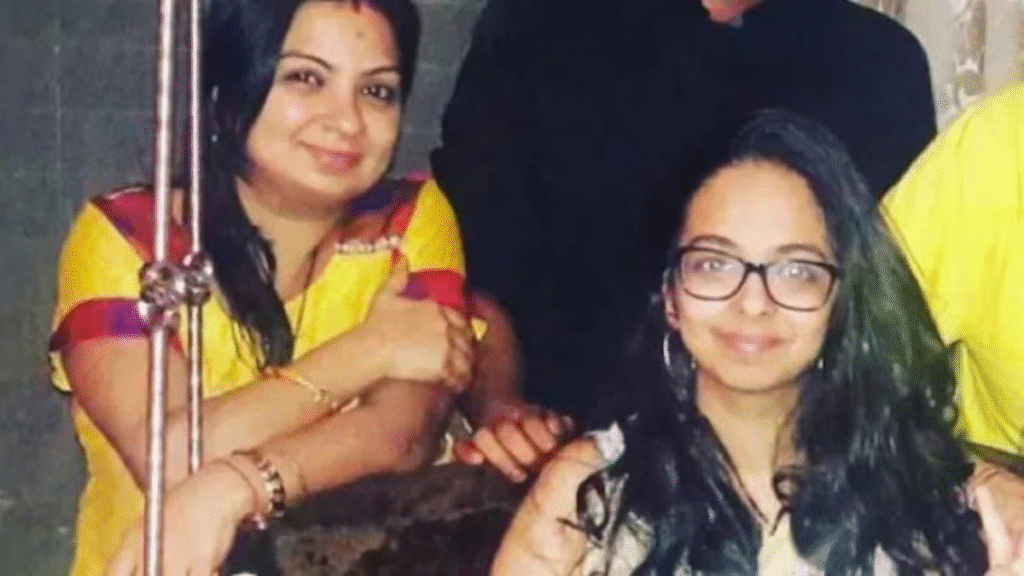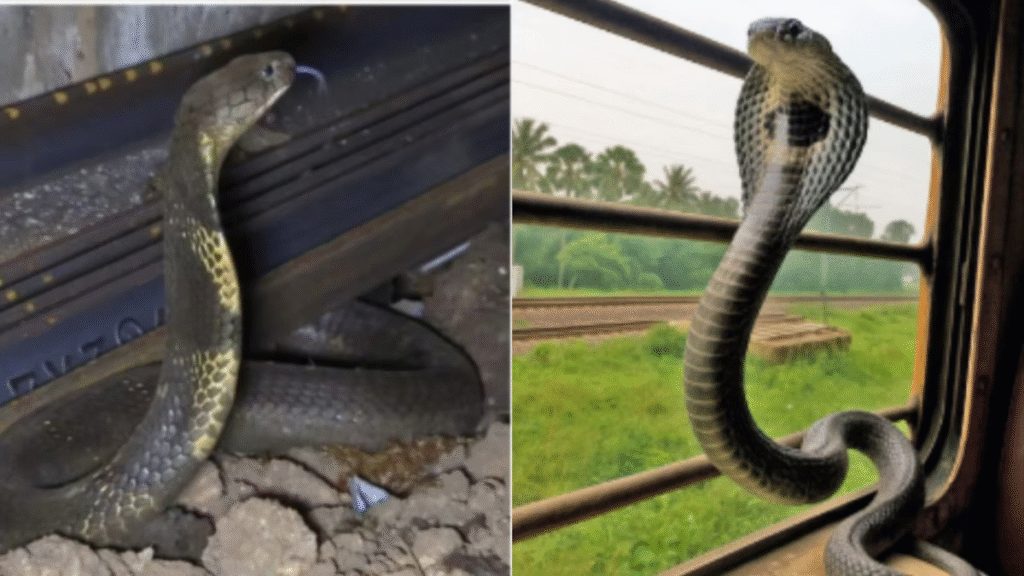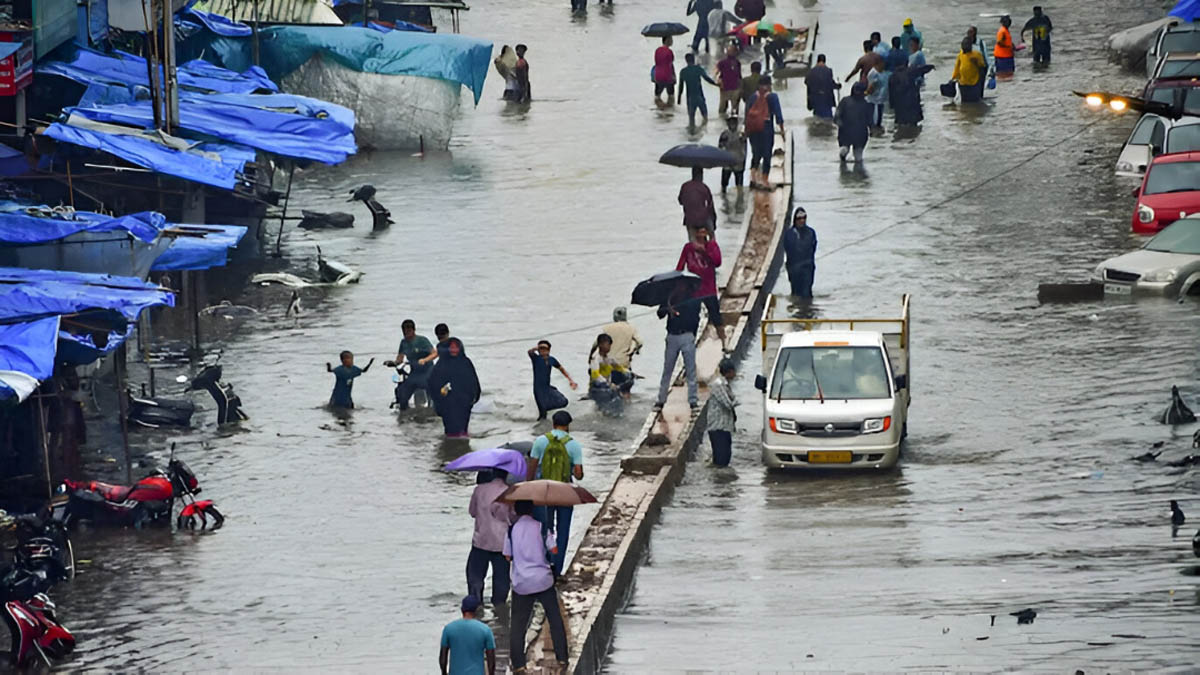Now Reading: Mumbai Metro-4 Trial Runs Commence: A Game-Changer for Wadala to Thane Commuters
-
01
Mumbai Metro-4 Trial Runs Commence: A Game-Changer for Wadala to Thane Commuters
Mumbai Metro-4 Trial Runs Commence: A Game-Changer for Wadala to Thane Commuters

Mumbai’s ambitious Metro Line 4, often dubbed the Green Line, is on the cusp of revolutionizing daily commutes, with trial runs now officially underway on a crucial 10-kilometer stretch from Cadbury Junction to Gaimukh. This significant development marks a major milestone in the city’s urban transport infrastructure, promising to slash travel time between Wadala and Thane by an astounding 75%.
The Mumbai Metropolitan Region Development Authority (MMRDA) has initiated rigorous testing on this elevated section, which is part of the larger 32.32-kilometer Metro Line 4 extending from Wadala to Kasarvadavali. An additional 2.7-kilometer extension, Line 4A, further connects Kasarvadavali to Gaimukh, enhancing metro access deep into the Thane region. The current trials encompass ten stations, including Cadbury, Majiwada, Kapurbawadi, Manpada, Tikuji Ni Wadi, Dongripada, Vijay Garden, Kasarvadavali, Gownipada, and Gaimukh.
Cutting Commute Times Drastically
For countless Mumbaikars, the daily journey between Wadala and Thane is a grueling affair, often taking an hour or more due to heavy road congestion. The operationalization of Metro Line 4 is set to dramatically change this narrative, with projections indicating a reduction in travel time by 50% to 75%. This means a journey that currently takes 60-75 minutes could be completed in a mere 30-40 minutes, bringing immense relief to daily commuters.
Project Scope and Connectivity
Metro Line 4, a fully elevated corridor, will feature 30 stations along its main stretch from Wadala to Kasarvadavali. It’s designed to provide seamless interconnectivity with several existing and upcoming transport arteries, including the Eastern Express Highway, Central Railway, Monorail, and other metro lines such as Metro Line 2B, Metro Line 5, and Metro Line 6. This integration will create a robust and interconnected transit web, significantly improving mobility across Mumbai’s suburban and central zones.
Despite the designated depot for Lines 4 and 4A still being under construction, the MMRDA has proactively established an interim setup with inspection pits beyond the Gaimukh terminal. This strategic move underscores the agency’s commitment to expediting the project and commencing early testing to ensure timely public service.
Rigorous Testing for Safety and Efficiency
The ongoing trial phase involves comprehensive assessments to guarantee the highest standards of safety and reliability. These tests include:
- Load and traction performance: Evaluating the train’s ability to handle passenger loads and its power systems.
- Signaling systems: Verifying the accuracy and efficiency of the communication-based train control (CBTC) system, which will operate with Grade of Automation 4 (GoA-4).
- Emergency drills: Conducting scenarios to ensure preparedness for any unforeseen circumstances.
- Rolling stock assessments: Thorough checks of the train coaches under various conditions.
Beyond Faster Commutes: A Vision for Sustainable Urban Development
The Mumbai Metro Line 4 is more than just a faster mode of transport; it’s a critical component of Mumbai’s vision for sustainable urban development. By offering an efficient, low-emission alternative to private vehicles, the metro aims to:
- Decongest roads: Alleviate the chronic traffic congestion that plagues the city’s eastern corridor.
- Reduce carbon emissions: Contribute to a greener environment by encouraging a shift away from pollution-generating modes of transport.
- Boost economic activity: Enhance accessibility to commercial and residential hubs, potentially spurring new businesses and increasing property values along its route.
- Improve urban accessibility: Provide faster and more affordable mobility for diverse demographic segments.
As the trials continue, the MMRDA is focused on resolving any technical snags and optimizing service parameters. Once fully operational, Metro Lines 4 and 4A are set to fundamentally transform commuting in East Mumbai, ushering in an era of cleaner, faster, and more reliable public transit for millions. This project stands as a testament to Mumbai’s ongoing commitment to building a future-ready, integrated, and sustainable urban transport network.










